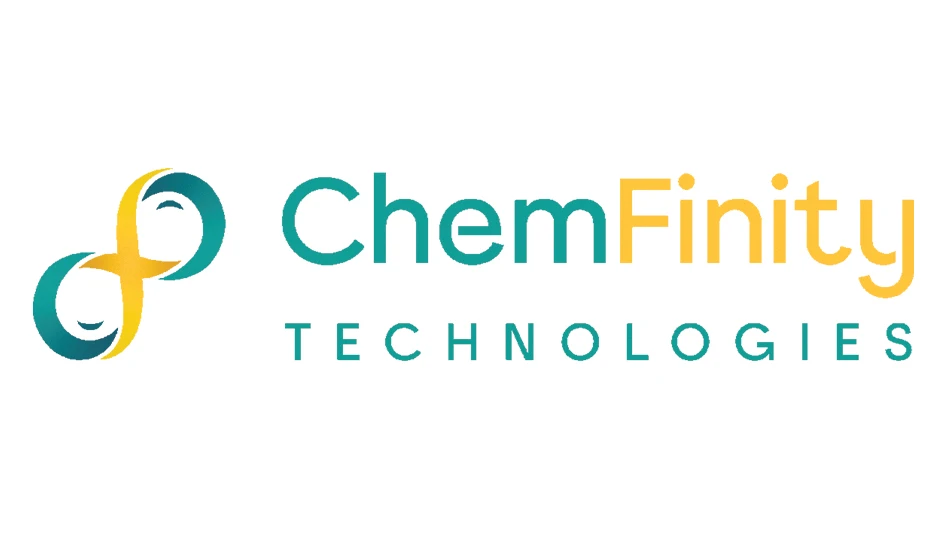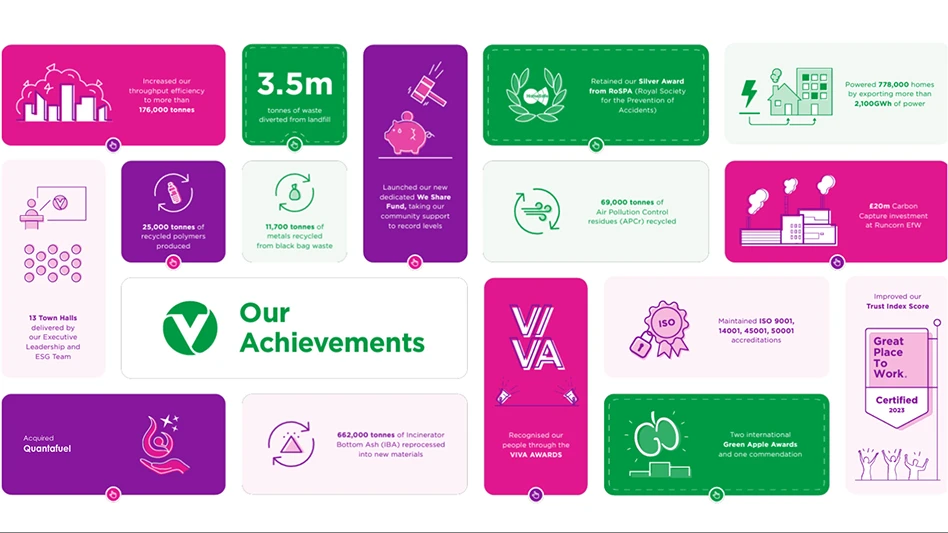
Re-Poly LLC, a plastics reprocessor based in St. Louis, has been purchased by GP-Plastics Holdings LLC, a subsidiary of Granite Peak Development, Casper, Wyoming, and renamed Granite Peak Plastics. The business was sold at auction Nov. 6, 2020. The sale was finalized Dec. 28, 2020, says Greg Janson, one of the former owners of the company who now serves as president and CEO of Granite Peak Plastics.
Re-Poly was established in 2014 by QRS, which at that time operated a material recovery facility (MRF) and plastic recovery facility (PRF) in Missouri. Re-Poly processes bulky mixed rigid plastics, producing washed flake and regrind.
QRS’ first PRF opened in New Albany, Indiana, in 2011, sorting postconsumer mixed plastic containers sourced from MRFs. That facility was followed by regional PRFs in Atlanta in 2012 and Baltimore in 2015, that one in partnership with Maryland-based Canusa Hershman Recycling Co.
The Atlanta PRF was closed and liquidated in 2016 after filing for bankruptcy protection. The Baltimore PRF was idled in mid-August of 2017 and closed permanently in late 2018, and some of its equipment was sold off.
The QRS of Maryland facility was funded in part by the Closed Loop Fund, a New York-based investment fund that makes below-market loans for recycling infrastructure. The company is among the creditors QRS owes and will pay with the profits from the sale of Re-Poly, according to court documents.
The Re-Poly facility in St. Louis was sold by Ravinia Capital LLC, a Chicago-based boutique investment bank specializing in sell-side M&A advisory for middle-market companies.
According to a news release about the sale, numerous factors led Re-Poly to enter into a Missouri state receivership, with the court appointing Stephen Kunkel of Venture Spring LLC as receiver. He then hired Ravinia as the M&A advisor for the sale of these assets.
While Granite Peak Development does not have previous experience in plastics recycling, Janson says the company does have experience in the renewables sector. He adds that after “witnessing the transition in that space, Granite Peak sees parallels in the transition to circularity that is happening with plastics—particularly postconsumer.”
Investments are being made in the former Re-Poly facility, he says. “We are fortifying the existing processing lines and taking care of some deferred maintenance,” Janson explains. “We are also commissioning a postcommercial line to start up in early Q2 and a small rigid, postconsumer wash line scheduled to start up in late Q3.”
He adds, “Our focus is on the recovery of large volumes of PE (polyethylene) and PP (polypropylene).”
Janson says he and his business partners in QRS should have sought “to align the value chain first, starting with demand and the spec required,” when establishing its PRFs, and then backward engineer the process to the suppliers.
Sponsored Content
Tackling the Extreme Grind
Built for the toughest applications, our Heavy Duty Granulators and Shredders deliver high-quality output, less waste, and efficient operations. With rugged designs and unmatched reliability, they’re ready for the extreme grind—keeping your production line moving and your recycling process profitable. Tackle more. Waste less. Perform at peak.
Of the suppliers to the former Re-Poly, he says, most “have been awesome to work with as we went through this period, and we are grateful for the relationship. As we have expanded the envelope of what we can process, we have also attracted new suppliers and hope to continue to do so.”
Regarding the future of PRFs, Janson says they can play an important role in the recovery of postconsumer plastics as secondary sorting facilities. “However, they should be aligned from the outset with market demand and product specifications. A regional PRF could consolidate the plastic packaging in the waste stream that cannot be efficiently targeted by MRFs. For example, colored PET (polyethylene terephthalate), rigid PS (polystyrene) and black PE and PP,” he says. “Of course, there will also always be residual PET, PE and PP in the mix as well. In an aligned world, the packaging companies and brands that are putting these difficult to recover and recycle packaging types into the waste stream would partner with regional PRFs to provide off-take contracts for this product.”
Get curated news on YOUR industry.
Enter your email to receive our newsletters.
Latest from Recycling Today
- Ace Green unveils system to support antimony recovery, lead battery recycling
- Sims reports earnings drop in 2025 fiscal year
- SDI purchases metals distributor
- Line of Cleveland Browns souvenir cups to be made with PureCycle resin
- Commerce Department expands scope of Section 232 tariffs on steel, aluminum
- Applications now open for Can’d Aid’s Crush It Crusade recycling grants
- Report shows packaging paper shipments up in Q2
- Novelis, DRT sign join development agreement for unialloy can ends









